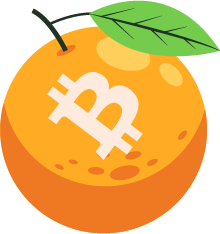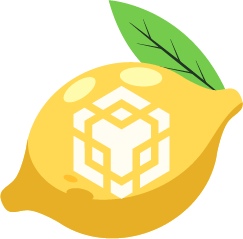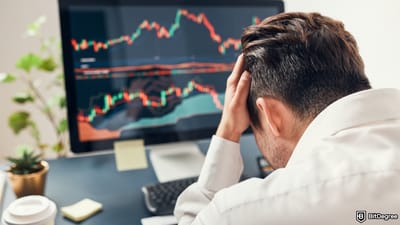|
The United Nations has a Development Programme (aka the UNDP), which is basically their "let's make the world better" arm that focuses on international development.
If the UNDP had a LinkedIn bio, it'd probably read: "Fighting poverty 🌍 | Empowering nations 💪 | Lifelong learner | Mother of 5 SDGs"...
... Oh, and also: "Blockchain curious 🧠".
The UNDP is launching a Blockchain Academy for government officials, plus a Blockchain Advisory Group to help them actually put the tech to work.
The academy's expected to get formal approval in the next week or two, and they'll start with four pilot governments.

|
Source: Wikimedia |
|
Btw, this isn't the UN's first crypto rodeo. They already have live blockchain pilots in 20 countries, including Decaf, a crypto-powered payment system that lets users move money without relying on banks.
But the UNDP's still taking a grounded view. Blockchain can empower, yes - but it can also widen inequality if left unchecked.
How? Because not everyone starts from the same place. If access to digital IDs, stable internet, or smartphones becomes a requirement to use blockchain-based systems, the poorest and most remote communities risk getting left out again.
That's why they're starting with education. They want governments to actually understand what they're building before scaling blockchain programs to millions of citizens.
And this is a big deal for crypto's long game.
Think about it: the UNDP is teaching governments how to use blockchain for real-world infrastructure (payments, ID systems, verification, aid distribution, etc).
If it works, it could normalize blockchain in places that need it most - countries where people don't have stable banks, easy remittances, or reliable records.
That's the kind of groundwork that doesn't make charts go crazy overnight, but it’s the foundation for mainstream, global adoption later.
And that's a LinkedIn endorsement worth flexing 💪
| 







































